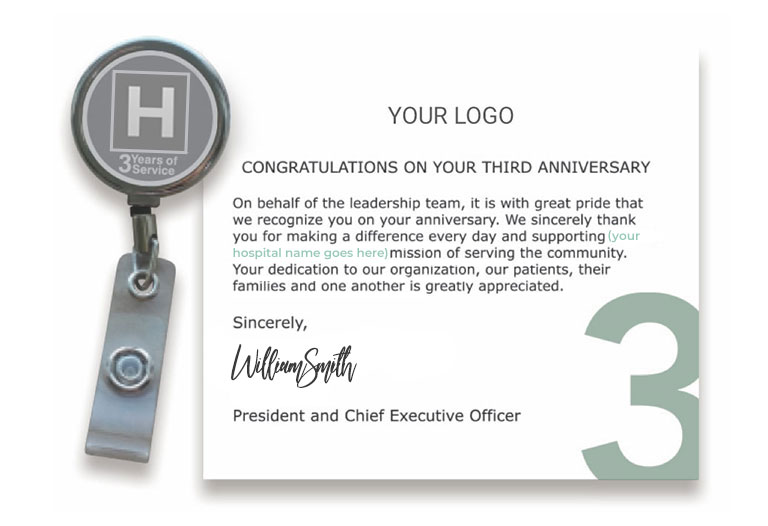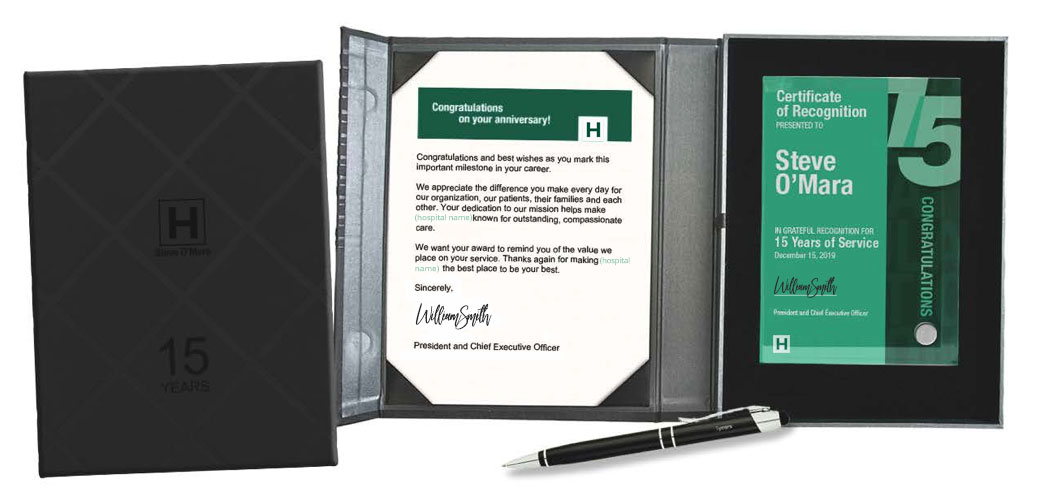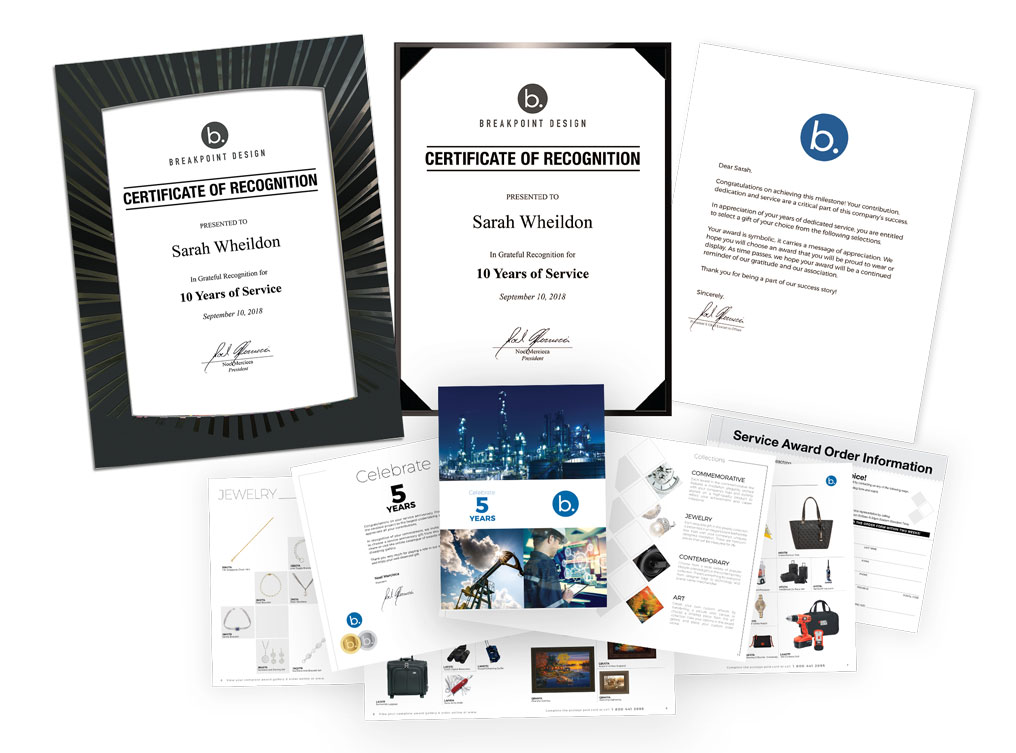Why Millennials Leave
(and how “Intrapreneurship” can keep them around)
This stat may surprise you; 44% of Millennials believe they can advance their careers faster by staying with the same organization than by moving.

My thought too… this runs contrary to what we’re hearing from HR professionals struggling to attract and retain talent. If almost half of Millennials feel their career mobility is better by staying, why are so many leaving for higher risk start-ups?
I asked this question to Max Valiquette, VP of Planning for Publicis and one of Canada’s best known youth culture experts. Max has been engaging Millennials to inform government and business for over 33 years. He regularly provides insights as a TV commentator and was the president of Youthography, an agency that first starting researching Millennials before the oldest of this cohort could drive (and where we met, worked and did karaoke for many years).
Lori: Why do you think young people are drawn to start-ups?
Max: Start-ups know how to state their purpose strongly. It’s part of their fabric and something they’ve had to focus on to survive. Start-ups are clear in what they do, why they do it and the impact they want to have on society – they have to be. This is very attractive to Millennials as they know what they’re a part of.
The takeaway: A lot of what Millennials want isn’t that much different from the rest of us however they “prioritize” differently. The way many companies communicate their benefits, policies and perks is not resonating with this demographic. Start-ups understand this and communicate the things that matter to Millennials better than most companies do.

Lori: I read a stat recently saying 62% of Millennials have considered starting a business and 51% know someone who started or worked for a start-up BUT only 22% believe entrepreneurship is the best way to advance their career. How can an industry or company perceived as boring create an entrepreneurial culture where young people aspire to work?
Max: Google “Intrapreneurship”. An intrapreneur is someone within a company who sees an opportunity or takes it upon themselves to solve a problem. It’s the informal but respected practice of granting time and part of your company to younger employees. Start-ups are great at doing this. Gmail was a passion project developed by a Google employee just out of college. The student wanted an internal email system that had better search abilities due to the high volume of internal email at Google. You know the rest of the story.
The takeaway: Too many people feel bored by their corporate jobs. Incorporate the Intrapreneurship 80/20 rule. Eighty percent of employees’ time is spent on company projects and 20 percent on something they want to build. Encourage creative thinking, allow more autonomy and show trust. Less micromanaging. Intrapreneurs are the people who understand chaos, see opportunities and are motivated to grow the company. Their payback is a sense of achievement and the simple feeling of knowing they created a piece of technology or positive outcome that makes a difference and is appreciated. These “intrapreneurial” opportunities can dissuade talent from leaving for entrepreneurial ventures.
Lori: I love this quote. The CFO says to the CEO “What happens if we invest in young talent and they leave”. CEO responds, “What happens if they stay”? What do you make of this?
Max: This is part realistic and part not. It’s not realistic to think investing in people will retain employees under 27 years of age for the long term. They want and need to move around. Huge lifestyle changes are driving their personal and professional goals; moving in with a partner, marriage, even starting a family.
What you can do: Unless you think you’ve got someone who is happy “settling down”, I would not focus my retention efforts on employees under 27 years of age.
Lori: What about the older Millennials? Can their loyalty be earned?
Max: Absolutely their loyalty can be earned. Showing employees how their contributions are improving the company, mapping out growth opportunities and providing competitive salary will enable you to retain and attract more loyal and talented Millennials.
The takeaway: Provide mentoring, career mobility coaching and support. Challenge them with projects. Include them in important discussions. Start-ups are very flat with people wearing many hats. Emulating that type of environment will improve retention.
Also, don’t overlook salary. Research says money isn’t a top motivator for Millennials BUT it can be a big de-motivator. Employees know what their peers are making. Recognize where broader information on salary, perks, benefits and culture are coming from. For example, Fishbowl is a user-generated salary board with data on the advertising industry. Employees use it to compare info. HR should be aware of their industry’s salary and culture surveys to make sure their organization is not under paying (and reviews are not hurting them).
Lori: Besides competitive pay, how can managers do a better job recognizing Millennials?
Max: Regular small messages and acts of recognition instead of one big thing, much less often. It’s how they feel about feedback in general.
The takeaway: Encourage managers to schedule a regular weekly check-in with their direct reports to share positive and constructive feedback. Put it into the calendar. This meeting allows both parties to think about ways to do things differently. An “intrapreneurship” project may even pop up they can get behind. This small investment of time builds confidence, fosters a stronger relationship and in my experience leads to better performance and loyalty.

Lori: GenZ is starting to enter the workforce and will likely be managed by Millennials. What advice can you give Millennials on recognizing and retaining this up and coming generation?
Max: GenZers are similar to Millennials in many ways except there are fewer of them for entry-level positions. Like Millennials, GenZers are digital natives. The challenge for Millennials who pride themselves on being digital super stars, will be the digital naivety of this next cohort. Many GenZers will be stunned their workplace isn’t using better technology and will demand even more tools from their managers. GenZers are also likely to challenge Millennials on the degree of diversity in the workplace and how they can do more for the planet and community.
Lori: In the late 90s you started looking at the impact Millennials would have on society and business. Thirty three years later… what’s the most surprising thing about this generation?
Max: I expected a more revolutionary change. While some of the 100 biggest companies were started by Millennials, they went from a revolution of young people into integrating mainstream elements of corporate life. “Kids” that actively crusaded against big tobacco or child labor now often seem to have little or no problem with some of these companies sponsoring their events or partnering with them. It’s a little disappointing but part of human nature. We may have put too many unfair expectations onto this group.
The takeaway: Share knowledge, empower and entrust talented Millennials. Make them feel like vested “intrapreneurs” and less like employees. If you can do this, you’ll have fewer sleepless nights worrying about growth, retention and succession planning.

Max is recognized as one of the country’s most influential marketers. He regularly speaks on what’s now, what’s new and what’s next. When he’s not helping some of the biggest companies in the world transform their organizations, he’s on Entertainment Tonight or MTV talking about popular culture, speaking to the Wall Street Journal, writing about marketing in Strategy magazine.


















